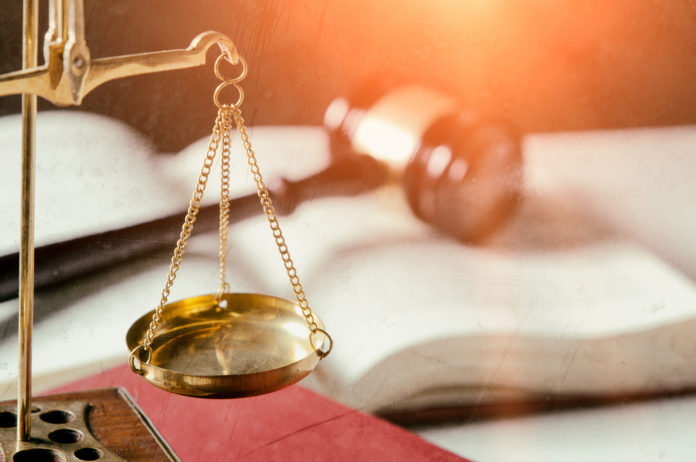Appeal of COFC decision denying protest as untimely is reversed. The protester filed an agency protest challenging the terms of the solicitation, which was denied. Later, after award, the protester filed a COFC protest reasserting its challenge raised in the agency protest. The COFC found that the protest was untimely under the Blue & Gold doctrine. The COFC reasoned that the protester should not have waited until after award to reassert its challenge. The Federal Circuit, however, reversed, finding the protester had not waived its challenge. The filing of a pre-award agency protest preserves the challenge for a post-award court protest.
Background
Customs and Border Protection (CBP) issued a solicitation seeking application development and operation services for the agency’s commercial trade processing system. On November 12, 2018, before the proposal deadline, Harmonia Holdings Solutions filed an agency protest, arguing that CBP had improperly limited revisions to proposals. While the protest was pending, Harmonia submitted a proposal.
CBP denied Harmonia’s agency protest. Several months later, in April 2019, CBP announced that it had awarded the contract to Dev Technology Group, Inc. Harmonia then filed a protest with the Court of Federal Claims challenging (1) the limitations on proposal revisions it had raised in the agency protest and (2) the evaluation of its proposal.
The COFC dismissed the challenge to the limitations on the proposal revisions. The court reasoned that Harmonia had not explained why it waited five months after denial of the agency protest, and after award, to reassert its challenge to the limitation on proposal revisions. The court opined that Harmonia should have raised the issue before award and thus had waived the protest under Blue & Gold Fleet, L.P. v. United States, 492 F.3d 1308 (Fed. Cir. 2007). The COFC also rejected Harmonia’s challenge to the evaluation.
Harmonia appealed to the Federal Circuit, arguing that COFC erred in finding that Harmonia had waived its protest under Blue & Gold.
Holding
The Federal Circuit agreed with Harmonia, holding that the COFC misapplied the Blue & Gold doctrine. The Blue & Gold doctrine applies when a protester fails to timely object to a known defect in a solicitation. The purpose of the doctrine is to avoid delay, preserve the challenge, and to provide notice to interested parties. Generally, Blue & Gold does not apply when a protector has filed a pre-award agency protest. A formal pre-award agency protest preserves the challenge for a post-award court protest. Here, Harmonia filed a timely, formal agency protest. This gave CBP notice of the challenge and preserved the challenge. The fact that Harmonia waited five months from denial of the agency protest was beside the point.
The court also vacated the COFC’s decision with respect to the challenge to the evaluation. The court remanded he challenge to the limitation on proposal revisions. The COFC could, on remand, rule that the limitation was improper, in which case, Harmonia could submit an entirely new proposal. This would, in turn, require a new technical evaluation mooting the previous evaluation.
Harmonia is represented by Walter Brad English, Emily J. Chancey, and Michael W. Rich of Maynard, Cooper & Gale, PC. Dev Technology is represented by William Shook of the Law Office of William Shook and Steven Barentzen of the Law Offices of Steven Barentzen. The government is represented by David Michael Kerr, Deborah Ann Bynum, Jeffrey B. Clark, and Robert Edward Kirschman, Jr. of the Department of Justice.




